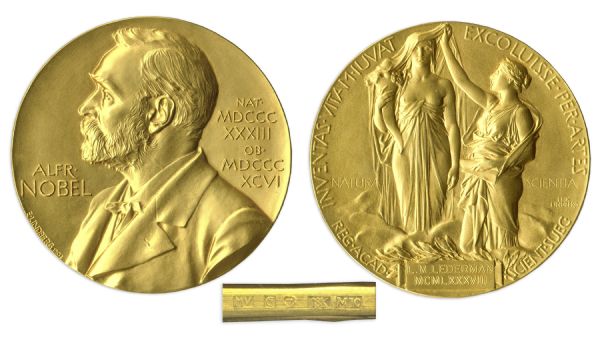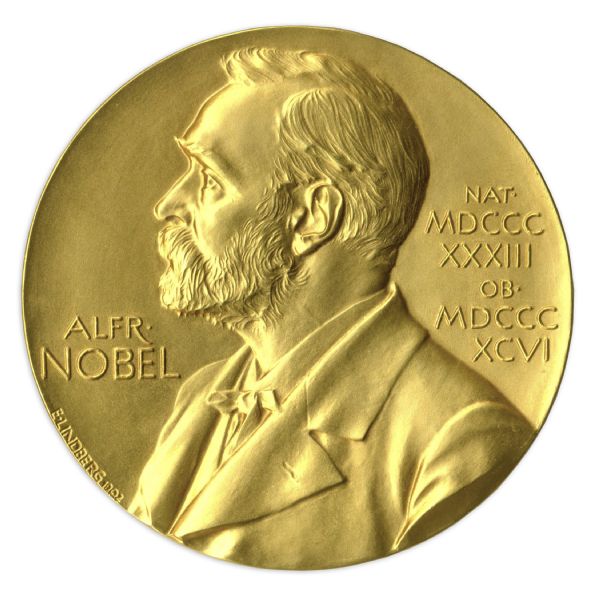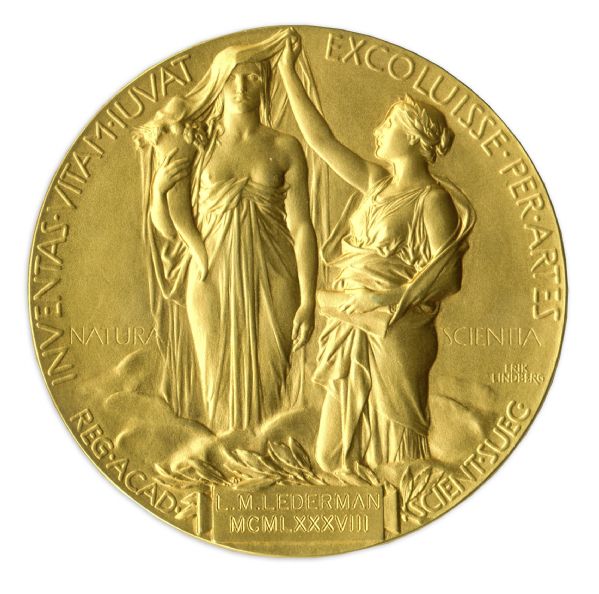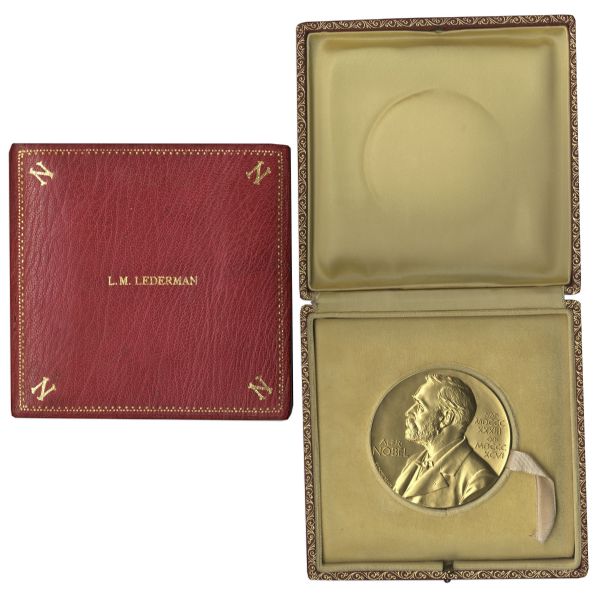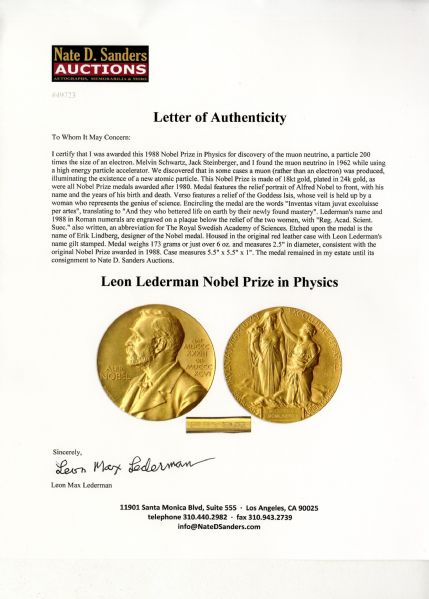The BBVA Foundation Frontiers of Knowledge Award in Economics, Finance and Management has been granted in this eighth edition to Robert B. Wilson for “pioneering contributions to the analysis of strategic interactions when economic agents have limited and different information about their environment.” In the view of the jury, “his research on auctions, electricity pricing, reputation and dynamic interactions under such informational circumstances was groundbreaking and pervades economic analysis to this day.”
ROBERT WILSON

The BBVA Foundation Frontiers of Knowledge Award in Economics, Finance and Management has been granted in this eighth edition to Robert B. Wilson for “pioneering contributions to the analysis of strategic interactions when economic agents have limited and different information about their environment.” In the view of the jury, “his research on auctions, electricity pricing, reputation and dynamic interactions under such informational circumstances was groundbreaking and pervades economic analysis to this day.”
For example, one of the big questions in economics is how to convince market participants to cooperate in the presence of asymmetric information, i.e., when some have access to information that others lack. Robert Wilson has spent his career studying how economic interactions unfold in circumstances of informational inequality, and has come up with a solution – that agents aim towards a reputation which facilitates cooperation.
Wilson provides tools and strategies to build reputation under varying scenarios. In two of his best known papers, he explores environments requiring different types of reputation: whereas a monopolist tries to convey an image of toughness to defend its market position and fend off unwanted competition, in situations of multilateral conflict like the “repeated prisoners’ dilemma”, the goal is to pursue a reputation for “cooperative” behavior.
Until the 1960s, the standard wisdom was that market pricing corresponded to a cooperative model in which all players shared the same information. Wilson, however, was among the first to realize that perfect information could not be assumed, and the insights of noncooperative theory must be brought into play.
Robert B. Wilson (Geneva, Nebraska, 1937) graduated in mathematics from the University of Harvard. He went on to complete a master’s degree at Harvard Business School (1961), where he also obtained his PhD with a thesis on sequential quadratic programming (1963).
In 1964 he joined the faculty at Stanford Business School, where he remains to this day. Wilson has applied his mathematical skills and game theory expertise to auction designs and competitive bidding strategies in the oil, communication, and power industries. His book Nonlinear Pricing is a referent in tariff design for public utilities from energy to transport.
Economic engineering
It was in the field known as economic engineering that Wilson put game-theoretic tools to use in improving market mechanisms, devoting most of his energies to public auctions. Among his projects in this area, we can cite the bidding for offshore oil leases along the California coast, as well as others to do with electrical power exchange and pricing.
He was accompanied in his work on auction design by one of his disciples, Paul Milgrom, winner of a BBVA Foundation Frontiers of Knowledge Award in 2012 for his contributions in this and other domains.
In the mid-1990s, California telecom company Pacific Bell was preparing to bid in an auction called by the U.S. Federal Communications Commission. Wilson and Milgrom pointed out errors in the auction design that produced a worse outcome for both organizers and bidders and proposed an alternative method which the FCC agreed to try. Their innovation, known as the simultaneous multiple round auction (SMR), replaced the traditional sealed envelope with an open bidding format, in which each company could observe what the rest were offering, supplemented by rules to prevent monopoly pricing. The auction – of electromagnetic spectrum for what was then the new generation of cell phones and other wireless communication devices – raised the record sum of over seven billion dollars, and testified in the most practical way possible to the value of game theory in strategic decision-making.
Wilson, meantime, was exploring other kinds of economic interaction. And soon concluded that reputation was among the most powerful spurs to cooperation. “Reputation effects are most prominent in bargaining,” he remarked yesterday after hearing of the award. “For example, in labor negotiations when a firm incurs the costs of a strike in order to convince the union that the marginal productivity of labor is not higher than it actually is, it is sending out a credible signal that sustains its reputation.”
Still in the frame of game theory, Wilson, along with David Kreps, came up with the concept of sequential equilibrium, which describes the anticipated sequence of reactions of market participants on discovering that others have deviated from the original plan. “It provides each player with hypotheses about how others will act as events unfold,” he explains. This concept has given rise to a wide range of applications. In industrial organization, for instance, it has enabled more accurate modeling of price wars.
Wilson is still engaged in research at Stanford University. He is currently studying “repeated interactions between two parties who can benefit from sustained cooperation,” a situation, he notes, that may be short-lived, since “not every kind of incentive encourages cooperation on a lasting basis.”
Author of over a hundred articles in international journals, he has consistently combined the construction of a robust theoretical framework with the search for practical solutions: “The value of theory is its usefulness in addressing practical problems, while, for the theorist, the problems encountered by practitioners provide a wealth of topics.”
This combination is a constant in his professional life, where he has alternated the presidency of the Econometric Society and associate editorship of journals like Economic Theory with advisory work for the United States Department of the Interior, the Electric Power Research Institute, the Federal Communications Commission, the Canadian Competition Bureau and sundry private corporations.
International jury
The jury in this category was chaired by Eric S. Maskin, Adams University Professor at Harvard University (United States) and 2007 Nobel Laureate in Economics, with Manuel Arellano, Professor of Econometrics in the Center for Monetary and Financial Studies (CEMFI) of Banco de España (Spain), acting as secretary. Remaining members were Pinelopi Koujianou Goldberg, William K. Lanman, Jr. Professor of Economics at Yale University (United States); Andreu Mas-Colell, Professor of Economics at Pompeu Fabra University (Spain) and 2009 BBVA Foundation Frontiers of Knowledge Laureate in Economics; Jean Tirole, Chairman of the Foundation Jean-Jacques Laffont at Toulouse School of Economics (France), 2008 BBVA Foundation Frontiers of Knowledge Laureate in Economics and 2014 Nobel Prize in Economics; and Fabrizio Zilibotti, Chair of Macroeconomics and Political Economy in the Department of Economics at the University of Zurich (Switzerland).
****
And here are the
BBVA laureates in other subjects.











